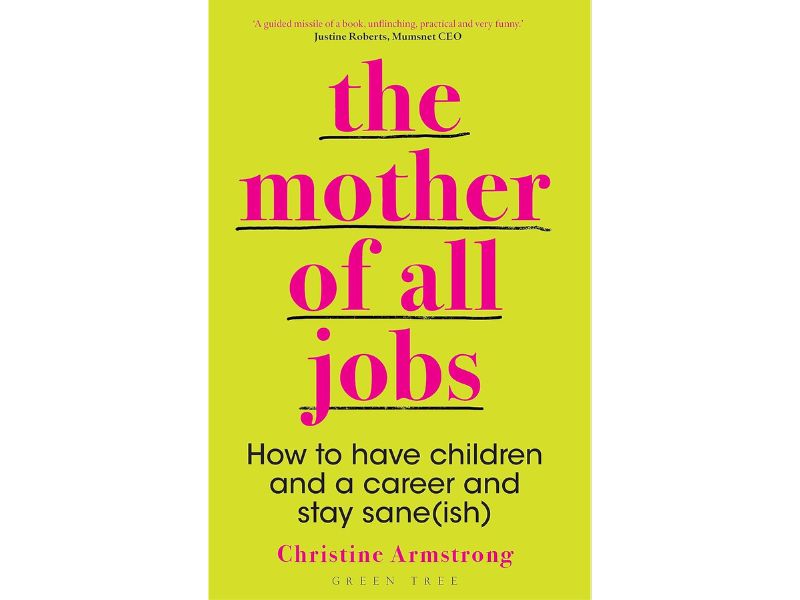In the quest for gender equity in the workplace, the idea of blind interviews has gained traction.
Imagine walking into an interview where your skills shout the loudest, not your gender. It’s like auditioning for a role in a play with the lights off. The judges can’t see who’s on stage; they can only hear the performance. That’s the essence of blind interviews. They focus purely on what you bring to the table, not whether you’re a man or woman.
So, how does this work in real life? Instead of CV filled with names and schools that might give away your gender, you’re assigned a number. Your work speaks for you, through anonymous tests or assignments. When it’s time to talk, it might even be through a voice-disguised call. It sounds a bit like a spy movie, but it’s all in the name of fairness.
The big question is, can this be the key to unlocking gender equity? It’s a hopeful yes but with a dash of reality. Blind interviews can level the playing field by removing initial biases. It’s like giving everyone the same starting line in a race. This approach can help women, especially in fields where they’re underrepresented, get through doors that might otherwise be subtly closed.
However, it’s not a one-size-fits-all solution. Imagine getting past the blind stage and into the office, only to find a culture that’s not so welcoming or policies that favour one gender over another. The blind process got you in but what keeps you thriving is a whole different story. It’s like making it onto a sports team based on skill but then finding the game is fixed.
Blind interviews can’t fix everything They address the surface issues but not the root cause. The root of the problem is unconscious bias and that’s a tough nut to crack. It’s woven into society, popping up in ways we don’t even notice. While blind interviews are a step in the right direction, they’re part of a bigger puzzle.
Blind interviews hold promise as a tool for gender equity, but they’re not the magic wand. They can help get talented individuals in the door, regardless of gender but the journey doesn’t end there. A truly equitable workplace requires more than just a fair start. It needs ongoing commitment to equality, from hiring to the boardroom.
It’s a marathon, not a sprint and every step counts towards crossing the finish line of gender equity.









